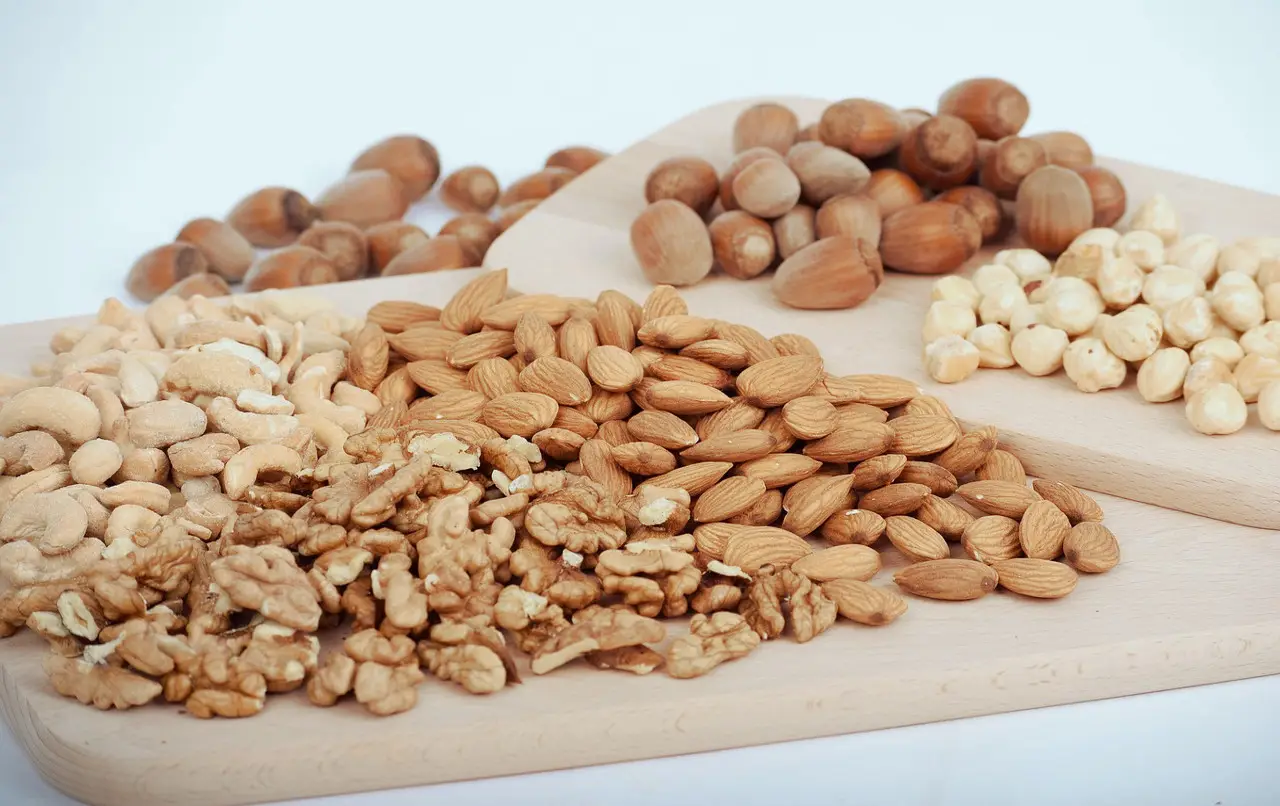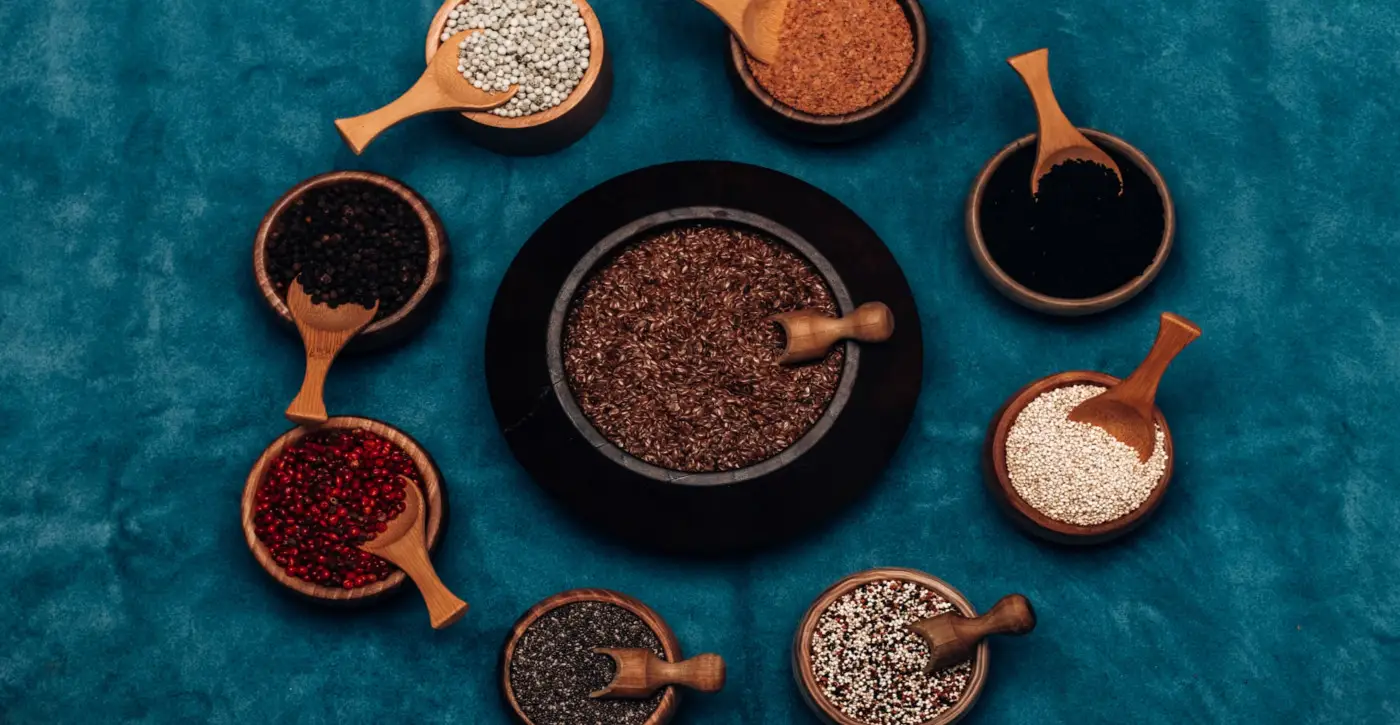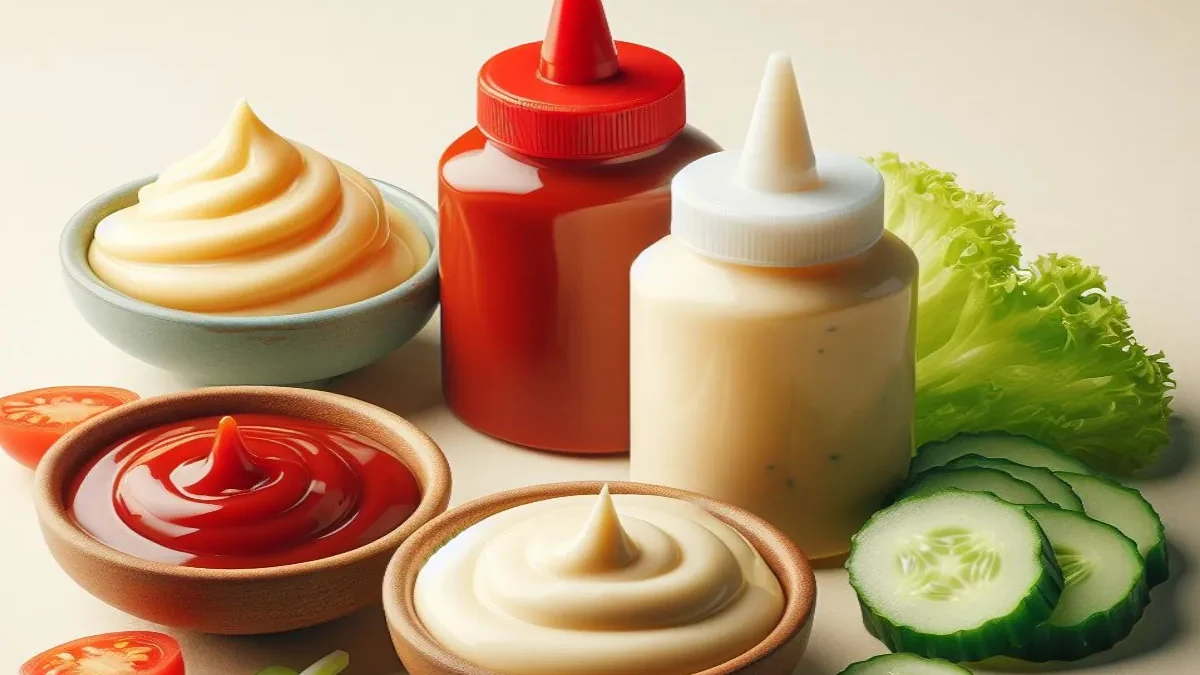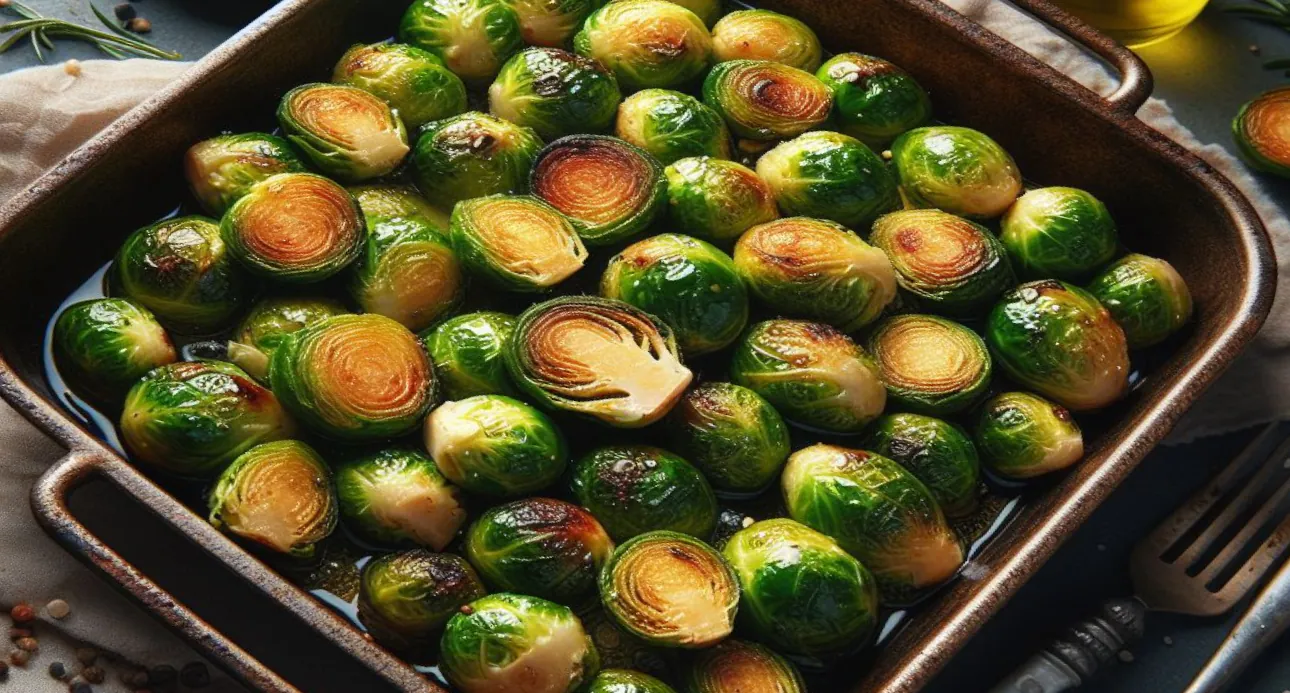Almonds Lysine and Arginine Info Sheet
Overview
Almonds are tree nuts that have a brown skin and a white flesh. They have a crunchy texture and a mild flavor.Almonds are one of the most nutritious nuts, as they are high in protein, healthy fats, fiber, and various vitamins and minerals.
They may help lower cholesterol, prevent diabetes, and reduce the risk of heart disease.
They may also improve brain function, skin health, and bone health.
However, almonds are also high in calories and may cause allergic reactions in some people.
| Name | Lysine (mg/100g) | Arginine (mg/100g) | Ratio |
|---|---|---|---|
| Almonds | 664mg | 2486mg | 0.267 |
Almonds contains 664mg of Lysine and 2486mg of Arginine per 100g of product.
This means Almonds has a low Lysine-Arginine ratio of 0.267.
Because Almonds contains much higher levels of arginine than lysine, limiting its consumption is recommended by people who suffer from herpes, as it may trigger outbreaks.
Lysine Considerations
Almonds are a good source of lysine, an essential amino acid that is important for protein synthesis, collagen formation, and calcium absorption.
Lysine may also help prevent cold sores and herpes infections.
It is one of the nine amino acids that your body cannot make by itself, so it has to come from the food we eat.
Lysine has a variety of functions in the body, such as helping with growth, healing, energy, immunity, and collagen production.
Lysine may also have some effects on the herpes virus, which causes cold sores and genital sores.
Studies have suggested that taking lysine supplements or applying lysine cream may help prevent or treat these infections by blocking the amino acid arginine, which the virus needs to grow.
Arginine Considerations
Almonds are also a good source of arginine, another essential amino acid that is involved in nitric oxide production, wound healing, and immune function.
Arginine may also help lower blood pressure, improve blood flow, and enhance erectile function.
Arginine has different benefits for our wellbeing and performance, such as lowering blood pressure, enhancing wound healing, and increasing exercise endurance.
Arginine can also affect the herpes virus, which causes cold sores and genital herpes.
Studies suggest that arginine may help the virus grow and cause outbreaks, so people with herpes may want to avoid foods that are high in arginine or take lysine supplements to block its effects.
Lysine-Arginine Ratio
Almonds have a low lysine-arginine ratio, which means that they provide more arginine than lysine.
This may not be ideal for people with viral infections, such as herpes simplex virus, as arginine may stimulate the replication of the virus.
Therefore, people with such infections may want to consume more lysine-rich foods and less arginine-rich foods.
Both lysine and arginine play crucial roles in protein synthesis and other metabolic activities.
Interestingly, they have contrasting effects on the herpes simplex virus, which is responsible for cold sores and genital herpes.
Lysine can slow down the virus's ability to replicate, while arginine can promote it.
Consequently, consuming foods with a high lysine to arginine ratio may help decrease the frequency and severity of herpes symptoms.
Foods with a high lysine-arginine ratio include dairy products, fish, poultry, fruits, and vegetables.
These foods can supply the body with sufficient lysine to block the virus's availability of arginine, thereby preventing its growth and spread.
Dietary Considerations
Nuts are generally high in arginine and somewhat low in lysine, which makes them unfavorable for people with herpes.
Arginine can stimulate the replication of the herpes virus, while lysine can inhibit it.
Nuts that have the highest arginine to lysine ratio include peanuts, almonds, walnuts, and hazelnuts.
These nuts should be avoided or consumed in moderation by people with herpes.

For example:
Eating a balanced and nutritious diet that supports your immune system and reduces inflammation.
This means consuming plenty of fruits, vegetables, whole grains, lean protein, and healthy fats, and avoiding processed foods, added sugars, alcohol, and caffeine.
Make sure to drink plenty of water to keep yourself hydrated and eliminate toxins from your body.
Water can also help you avoid dryness and irritation of the skin and mucous membranes, which can lead to outbreaks.
L-lysine supplementscan help you prevent herpes outbreaks and stop a cold sore before it develops by depriving the virus of arginine, which it needs to form a cold sore.
Taking other food supplements that can improve your immunity and protect your cells from oxidative stress, such as vitamin C, zinc, selenium, and antioxidants.
Pain, swelling, and itching can be reduced by eating foods that have anti-inflammatory, antiviral, and antibacterial properties, such as honey, yogurt, aloe vera, and chamomile.
These foods can also help you heal faster by promoting tissue repair.
Check more food information






